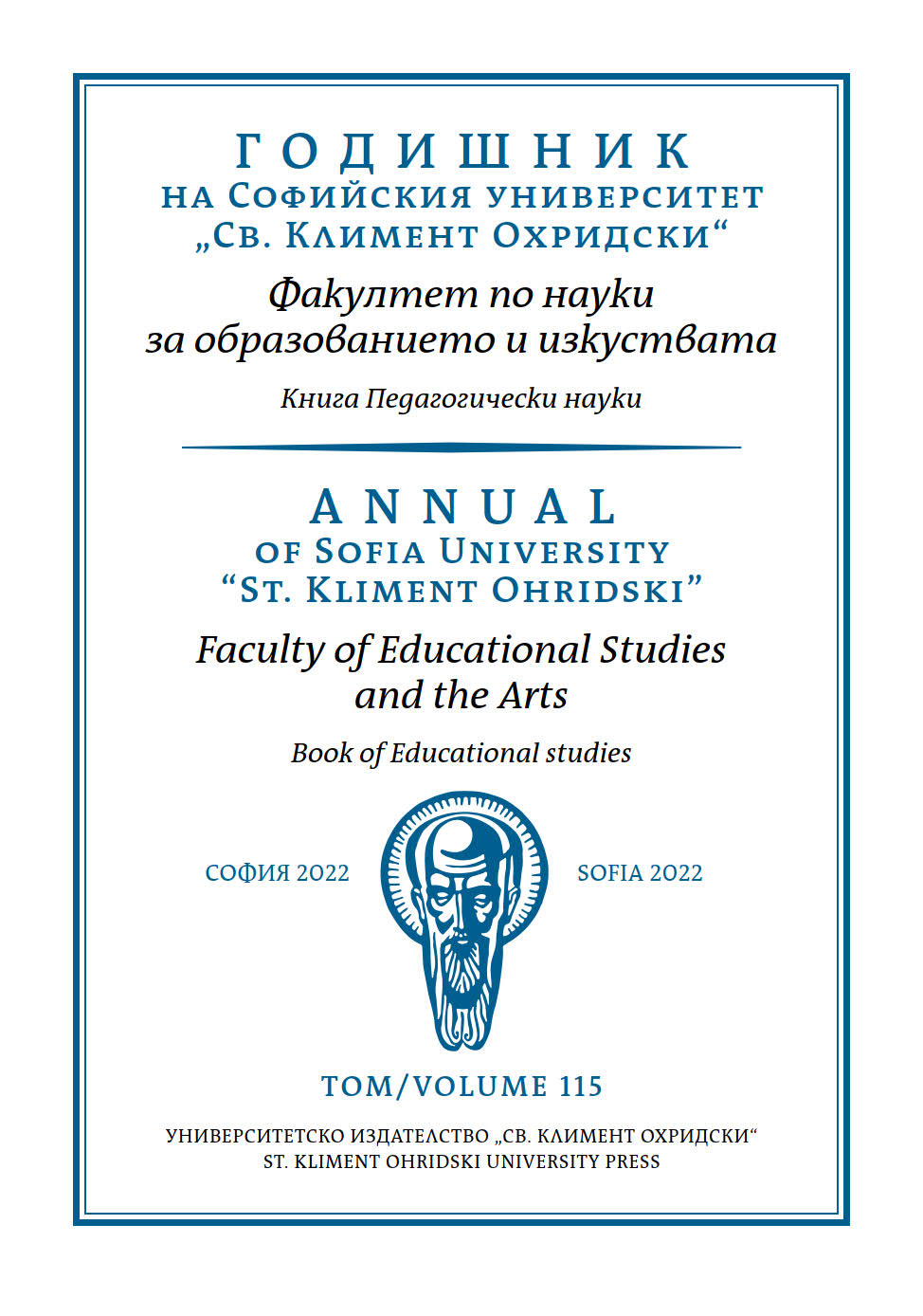FLOWERS TO LEARN METHOD; DESIGNING LEARNING PROJECTS A PHENOMENOLOGICAL STUDY FROM THE STUDENTS’ PERSPECTIVE
Keywords:
teacher training, pedagogy, curriculum, visual thinking, learning process, project, method Flowers to learn (FtL), phenomenology approachAbstract
This research responds to the need to reflect on how to interweave curricular theory with teaching practice in initial teacher training. This study proposes some keys to respond to this possible dichotomy between theory and practice in teaching with the creation and implementation of the Flowers to learn the pedagogical method. This method is structured based on teaching practice with a professional commitment to respond to the demands of a changing society. This involves learning to design contextualized projects that generate creative processes and meaningful learning experiences capable of provoking the mobility of resources and the transfer of knowledge.
We want to know how students perceive and express their experiences and expectations of learning with Flowers to learn. In order to carry out the research, two semi-structured open-ended qualitative interviews were implemented among students of the Primary Education degree in the Teacher Training Centre La Inmaculada, University of Granada (Spain). We have a sample of 207 participants. This design offers the possibility for the students to express opinions, points of view and interactions that provide content and depth to the discourse. It is a study based on a qualitative methodology from a phenomenological design, which favors the emergence of peculiar structures and forms of articulation of the participants‘ educational events.
From the analysis, five categories are established: motivation, learning experience, visualization, comprehension, organization and difficulty. Subsequently, the following subcategories resulting from the analysis of the categories are presented. These are teaching differently, new ways of learning, sustainable learning, transfer, reflection, critique and awareness.
It concludes with conclusions and discussion for improvement in teacher education.





